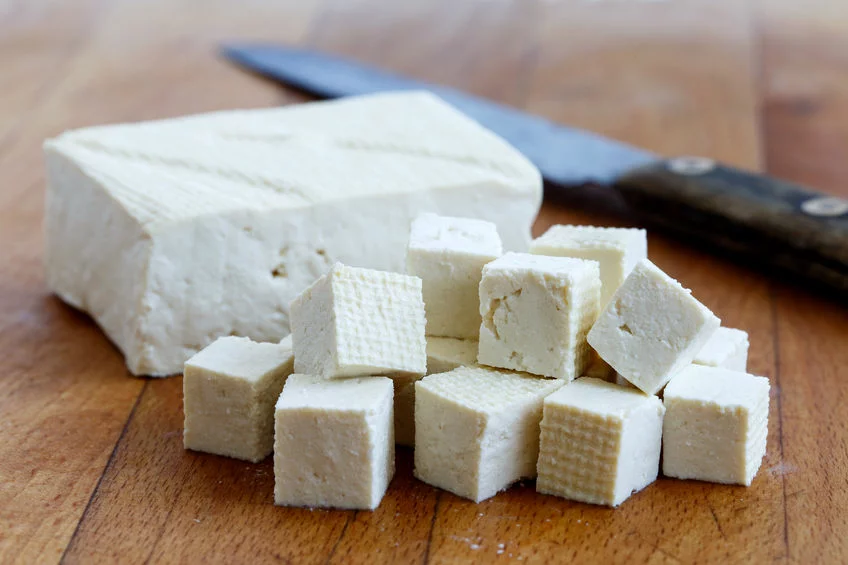Are you a ketogenic diet dropout? You are not alone. There are probably millions like you around the world who decided to try the keto diet in order to lose weight, but gave up. The question is why – and what can be done about it?
There is some scientific evidence that the ketogenic diet – a low carb, high-fat diet – works in helping overweight and obese individuals to lose weight, particularly in the short- to medium-term.
There are also studies that indicate that the there is little to differentiate keto diets with other calorie-restricted diets in terms of overall weight loss. However, what most people agree on – including avid proponents of the diet – is that a keto diet is not easy to maintain.
Here’s Why
Your body gets its energy mainly from glucose, or blood sugar. Generally, this comes from the carbohydrates. The body can’t store glucose for long, so when we stop eating glucose-producing carbs for a few days, we reach a state known as ketosis or ketogenesis. That’s when our livers start to break down fat, turning them into ketones, which are then used as our energy supply. The body thus enters a state of ketosis.
To remain in a state of ketosis requires strict attention to carbohydrate counting. It can take several weeks to reach a state of ketosis – when your body starts to burn fat. To stay that way, you can’t eat more carbs than your daily limit. And that limit is low, no more than 20g to 50g of carbs per day.
There’s no room for slip-ups. Even if you say no to that slice of birthday cake and glass of wine, it’s all too easy to inadvertently consume more carbs than you are aware of. Carbs are notoriously sneaky and hide in the most unlikely places – even in seemingly carb-free fruits and vegetables. If you believe you are sticking to the diet, but it just isn’t producing the results you expect, it’s possible that’s because you not in the fat-burning, ketogenic state you think you are.
The problem is, counting calories, carbs, fats and proteins – which have to be kept in balance for the keto diet to work optimally – is a major hassle.
The Answer – The App!
Enter technology. There are numerous apps that have been developed to help you count and track your intake of carbs and calories. These apps – several of which can be downloaded free or at very low cost to your smartphone – will help you manage your portions and help you to identify carbs in products that manufacturers don’t bother to identify on labels because there is such a tiny amount of them (but even 1g of carbs can add up quickly if you are eating a lot of them).
Some will come with different keto diet plans; some will provide carb-trackers and allow for net carb calculations; some even contain a social media component that allows you to interact with other keto dieters for advice and encouragement.
The key is to find a keto diet app that works for you.
Do you want to find an effective Keto treatment? Check out our top rated Keto products












